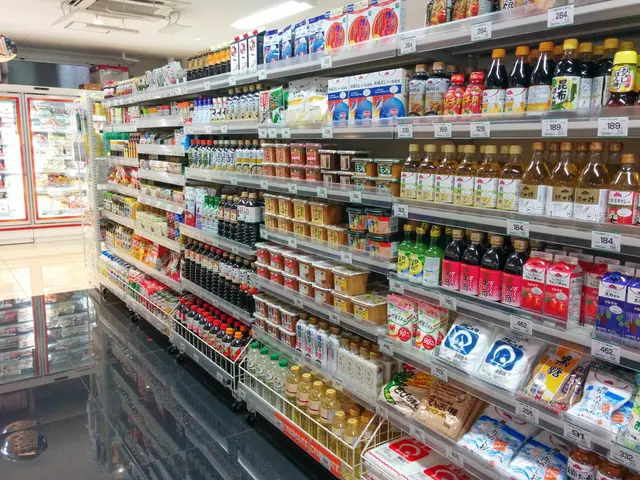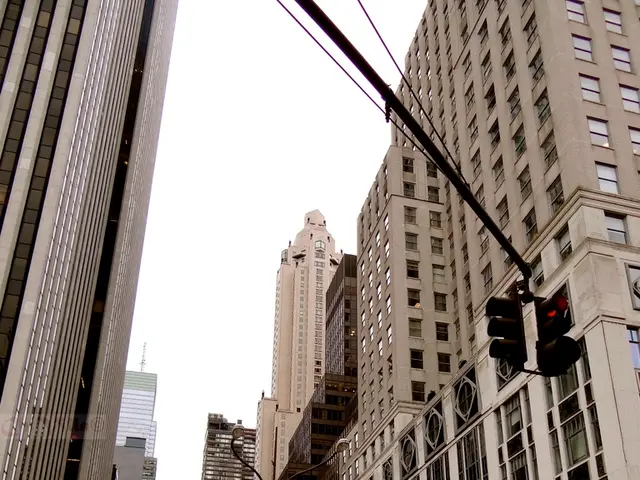EU imposes 19th round of sanctions against Russia following Trump's conversation with von der Leyen
EU to Impose 19th Sanctions Package Against Russia
In a significant move aimed at strengthening economic pressure on Russia and stopping the funding of conflict in Ukraine, the President of the European Commission, Ursula von der Leyen, announced plans to present the 19th package of sanctions against Russia. The announcement was made following a phone call with U.S. President Donald Trump.
The sanctions, according to von der Leyen, will target Russia's military economy, which is financed by fossil fuel revenues. The package will focus on Russia's crypto assets, banking, and energy sectors. Work on this package could be completed by the end of the week, according to earlier sources.
The EU countries directly affected by the phased exclusion of Russian natural gas imports under the 19th sanctions package will be those still dependent on Russian energy. Notably, Slovakia and Hungary, which have so far pragmatically maintained their energy ties despite the conflict, are expected to be among the affected countries. However, full details of all affected countries have not been explicitly specified in public sources, as the proposal is still under discussion and has been postponed indefinitely.
U.S. President Donald Trump has also shown his readiness to impose serious sanctions on Russia if all NATO countries stop buying Russian oil. This statement comes as part of a joint effort with the EU to increase economic pressure on Russia.
The sanctions are not just a response to the ongoing conflict in Ukraine, but also an attempt to accelerate the EU's gradual phase-out of fossil fuel imports from Russia. This shift, if implemented, could pose challenges for EU countries, particularly Germany, due to potential tariffs on India and China, their significant export markets.
Ukrainian President Volodymyr Zelensky has urged the U.S. President to take a "clear and defined position" on sanctions against Russia and guarantees of security for Ukraine to stop the Kremlin's aggression and end the war. The EU's commitment to these sanctions is a significant step towards achieving this goal.
As the situation continues to evolve, it is clear that the EU and the U.S. are working together to exert economic pressure on Russia in a bid to bring an end to the conflict in Ukraine. The 19th sanctions package, if implemented, could mark a significant turning point in the ongoing geopolitical tensions.
Read also:
- Is Trump Authorized to Displace Powell?
- Potential economic restrictions on Russia by the U.S. may distance it from international powers, specifically China and India, according to a member of the LATO board.
- International media widely reports on the foreign trip of the party leader to the Republic of Korea
- Deepening Strategic Alliance: Presidential Meeting Bolsters Georgia-Turkey Relationship








